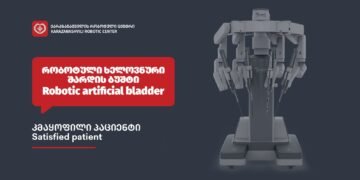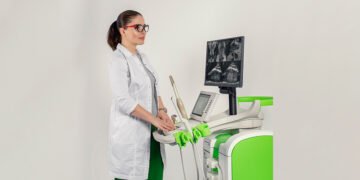Heartburn is a burning sensation or discomfort that typically starts in the stomach and rises toward the chest and sometimes the throat. This occurs when stomach acid flows back into the esophagus due to a weakened lower esophageal sphincter (LES) — the muscle that normally prevents the backflow of stomach contents.
Under normal conditions, food moves from the esophagus to the stomach, and the LES closes to prevent acid reflux. However, when the tone of the sphincter weakens or it opens inappropriately, stomach contents, including acid, can reflux into the esophagus, causing irritation and the uncomfortable sensation known as heartburn.
Common Causes of Heartburn:
-
Excessive consumption of fatty and sweet foods
-
Being overweight
-
Smoking
-
Frequent intake of spicy or sugary meals
-
Long-term use of certain medications
-
Physical activity immediately after eating
-
Hiatal hernia (a condition where part of the stomach pushes through the diaphragm into the chest)
As mentioned, heartburn can be triggered by large meals, fatty dishes, hard-to-digest vegetables, or unripe fruits.
Heartburn and Ulcers
Heartburn may also be a symptom of peptic ulcer disease. In ulcer cases, heartburn tends to intensify when the stomach is empty, often becoming more pronounced at night or in the early morning. The burning sensation can spread behind the breastbone.
At night, heartburn may be accompanied by:
-
Sore throat
-
Weakness
-
Bad taste in the mouth
-
Cough
These symptoms may indicate that stomach acid is refluxing into the esophagus while lying down, disrupting sleep and decreasing work productivity.
Diagnosis and Treatment
When experiencing frequent or severe heartburn, an endoscopic examination (gastroscopy) is essential. This allows for direct visualization of the gastrointestinal tract and helps rule out:
-
Gastric ulcers
-
Duodenal ulcers (ulcers in the upper part of the small intestine)
-
Hiatal hernia
In addition to endoscopy, other diagnostic tools include:
-
Ultrasound (sonography)
-
X-ray imaging
-
pH monitoring (pH-metry) to measure stomach acidity
Important Note:
While occasional heartburn is common and often harmless, frequent recurrence can signal an underlying gastrointestinal disorder that needs medical attention. Do not ignore persistent symptoms.
Contact Information:
At Karazanashvili’s Robotic Center, we treat prostate cancer and other gastrointestinal and urological conditions using the most modern and minimally invasive methods.
Phone: +995 322 23 40 23
Email: info@mmt.ge







